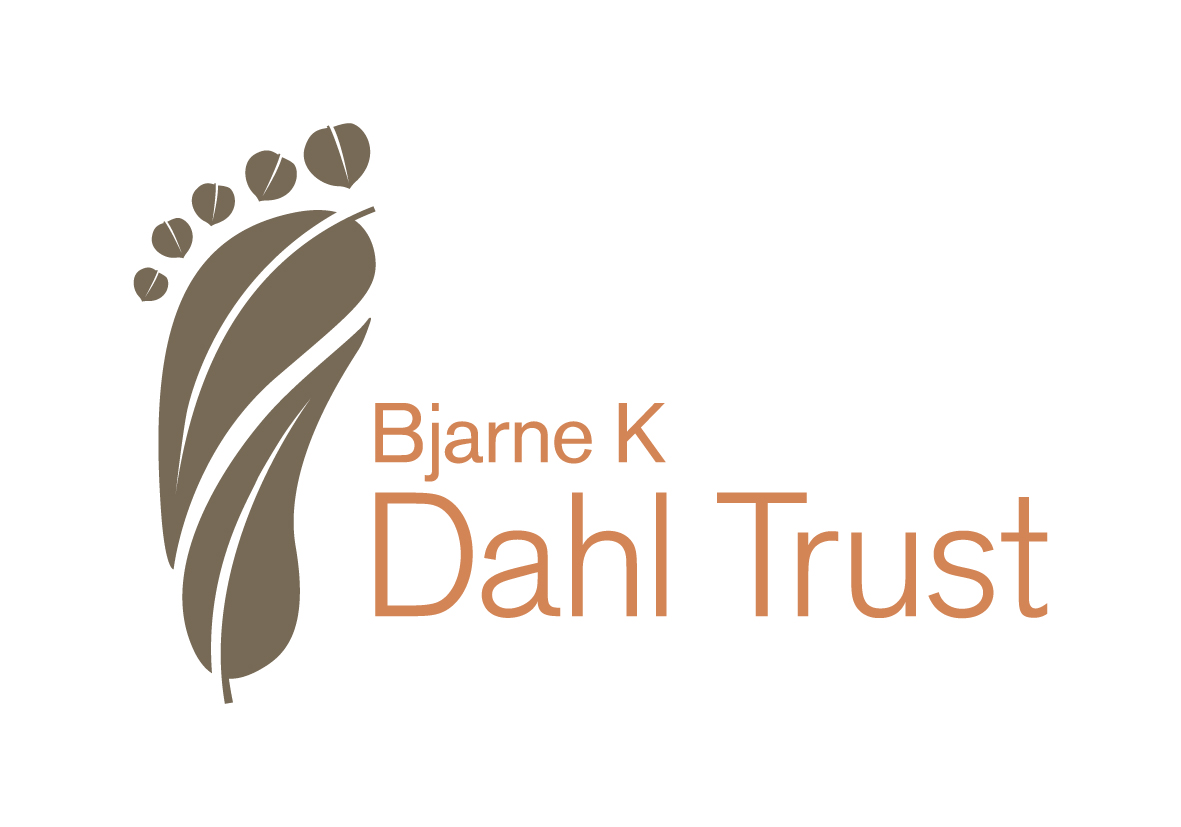Next
Tuesday’s Memoir Club presents a new talent that will change Australia’s contemporary
literary landscape. Come be among the first to share in the stories of Michael
Mohammed Ahmad, a young Lebanese writer from Western Sydney, whose work of
autobiographical fiction offers insight into the life and customs of The
Tribe, members of a small Muslim sect who fled to Australia just
before the civil war in Lebanon in 1975. Young Bani offers a child’s
unflinching yet wise view of the lives of three generations of an extended
family who live in Alexandria, The House of Adam:
“I
was only seven when this happened but it always feels like right now. My Tayta
raises her blouse and shows me her stomach. It’s so big it rests on her large
thighs. Her skin is golden and soft, and sometimes, when she holds me close and
kisses me, her body feels like a plastic bag filled with warm water. She only
has a few teeth left and she smiles between them. Tayta’s hands are like wood
because she has arthritis. They’re thick and brown and dry and she can hardly
move them, except for when she’s preparing aa-jeen, which is
what we call dough. Tayta places both her hands under the base of her stomach
and she lifts. She reveals to me eleven scars that look like train tracks
running in different directions just below her belly button. She points to one
and she says in Arabic, ‘This is your father, Jibreel.” Then she points to
another and says, ‘Here is your Uncle Ehud.’ Then she points to another and
another and another, and she lists her other three sons; ‘Osama, Ibrahim, and
the youngest, Ali.’ Then my Tayta points at two more scars and says, ‘Here are
the girls, Amina and Yasmine…’ She hesitates before she names the scar that
belongs to the third daughter. She says, ‘This is Mariam.’ Then my
grandmother’s smile withers and her few teeth look like they might fall out when
she points at the final three scars and says, ‘Here are Firaz, Khalil and
Shahrazat… they died before we left Lebanon.’"
Tuesday 24
June 2014
6.00—9.00PM
Randwick
Literary Institute
Michael Mohammed Ahmad
in conversation with Beth Yahp
Michael Mohammed Ahmad is proudly
from Western Sydney and has been engaged in nurturing and producing writing and
media from and about Western Sydney via Westside Publications and the Sweatshop
Western Sydney Literacy Movement. He is a Lebanese-Australian from a
Muslim-Alawite background and his first book, The Tribe (Giramondo,
2014), is an incredibly detailed, memoir novel based on the familial world
of his Western Sydney childhood.
Leading anthropologist Ghassan Hage
described The Tribe as ‘a significant and astonishing
novel that takes us inside the cultural world of the Adam family, a
socio-economically disadvantaged Australian Syro-Lebanese Alawite extended
family from Sydney and Melbourne… The book is in the best tradition of
ethnographic novels: it generously offers us access to a unique cultural world
and describes to us some of its features, warts and all, with remarkable
details.'
Ground-breaking, funny, intricate
and moving, The Tribe opens up Arab-Australian lives far from
the racist abstractions dished out by mainstream media. Michael Mohammed Ahmad
is an exciting new literary talent, whom the Memoir Club is honoured to present
this month.
Do come and share in his stories of
our multi-faceted culture and city!
Michael Mohammed Ahmad
is director of
SWEATSHOP: Western Sydney Literacy Movement. He was chief editor of Westside
Publications from 2005 to 2012. His essays and stories have appeared in the
Guardian, HEAT, Seizure, SBS Online, The Lifted Brow and Coming of Age: Growing
Up Muslim in Australia (Allen & Unwin). In 2012 he received the Australia
Council Kirk Robson Award in recognition of his leadership in community arts
and cultural development He is currently a doctoral candidate in the University
of Western Sydney Writing and Society Research Centre.
Beth Yahp is the author of a novel,
various short fiction and non-fiction, and works for the stage and radio. Beth
was recently awarded a Doctorate of Creative Arts from the University of
Technology, Sydney, for a travel memoir which is due to be published by
Random House Australia in 2015. Beth currently teaches in the Masters of
Creative Writing program at the University of Sydney.
About the Memoir Club:
a meeting place for readers and writers
When: Last Tuesday of every month (29 July,
26 August etc.).
Time: 6.00 - 9.00 PM (come at 5.30 PM to
help set up and have a cuppa before the program starts at 6.00 PM)
Where: The Randwick Literary
Institute, 60 Clovelly Road, Randwick 2031
Tel: 02-9398
5203 (for directions and venue info) Street parking available. Clovelly
bus 339 on the doorstep. For how to get there, see: http://randwickliteraryinstitute.com.au/faqs/



